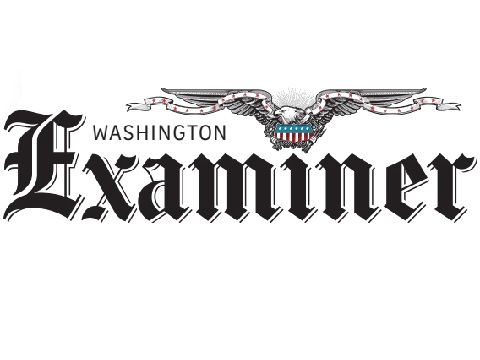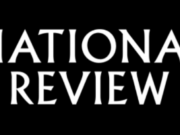This piece originally appeared in Washington Examiner on April 8, 2021.
The Democratic Party’s election overhaul bill, S. 1, includes numerous provisions of dubious constitutionality, but one in particular stands out. Its regulations on websites and media outlets have already been struck down by a federal court.
Just 16 months ago, in Washington Post v. McManus, the 4th U.S. Circuit Court of Appeals held unconstitutional a Maryland scheme nearly identical to provisions of S. 1. The state had tried to ban Russian memes by requiring internet platforms to build databases containing vast amounts of information about every political ad and ad buyer on their websites. In the name of fighting foreign interference, the state had imposed severe burdens on its own citizens ability to speak out. The courts were not fooled. A coalition of local media sued, arguing that the law violated their First Amendment rights. The government can’t force newspapers to report information about their sources; how can it force them to report entire databases of information about their online advertisers?
The 4th Circuit observed that Maryland’s law “is a content-based law that targets political speech and compels newspapers, among other platforms, to carry certain messages on their websites. In other words, Maryland’s law is a compendium of traditional First Amendment infirmities.” Put simply, the law was an unconstitutional absurdity.
Yet, nearly identical provisions are now a major component of S. 1. Supporters falsely claim they would bring existing rules for traditional media to the internet. In reality, they would regulate the internet more strictly than TV, radio, or newspapers. Print media do not have a “public file” requirement, and S. 1 would regulate ads online that are not regulated on TV or radio.
This is because the bill excludes the safeguards for the discussion of public affairs that are found in other laws. Those laws carefully provide that when an ad does not call for the election or defeat of a candidate, it is only subject to regulation if several additional factors suggest it is, nonetheless, intended to influence an election. The ad must run within 30 days of a primary or 60 days of a general election, and it must reach at least 50,000 voters in the district that the candidate seeks to represent.
As a result, a TV ad that criticizes the actions of Sen. Chuck Schumer or Sen. Mitch McConnell would not be regulated if it did not air in New York or Kentucky, respectively. This ensures groups can speak freely about congressional leaders and pending legislation without automatically being treated as interlopers in a future election. Yet under S. 1, low-cost internet ads that mention candidates would be regulated like campaign expenditures, regardless of whether they can be seen by any of the candidate’s voters. This will regulate speech that has nothing to do with elections and make it difficult for small groups to speak about any government issue when an election is near.
Even if it were true that S. 1’s so-called “Honest Ads” provisions regulated online ads like TV ads, that would be a bad idea. Online ads are different from TV ads, mainly because almost any grassroots organization or middle-class individual can afford them. S.1’s provisions would apply when a group spends as little as $500 on internet advertising during a calendar year. Good luck running TV ads on that sort of budget. A single 30-second ad on national prime-time TV can cost over $100,000!
Politicians imagine a world where everything is simple and uniform, but anyone with experience regulating or running ads knows that is not so. In seeking an easy solution to a complicated area of law, Senate Democrats have created a “compendium of First Amendment infirmities” that infringe on the established free speech rights of the public.














